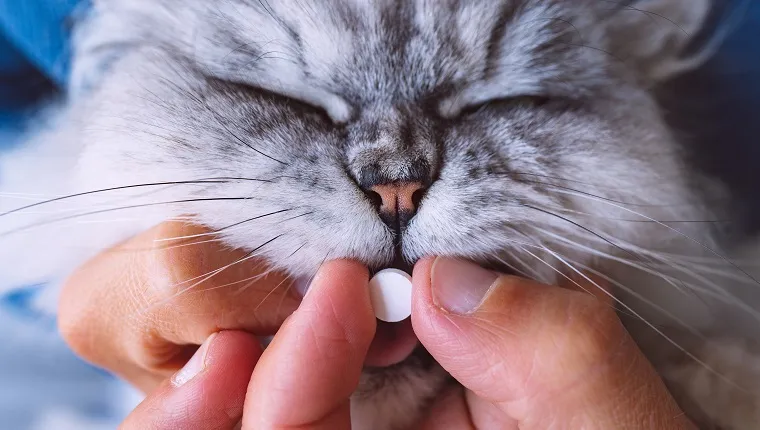Ahoy, fellow pet parents and cat lovers! Today, we’re navigating the high seas of pet care and diving into the world of Dramamine. You might be familiar with this motion sickness medication for humans, but have you ever wondered if it can be used for our feline friends? Well, hold onto your hats as we set sail on a voyage to explore the uses, dosages, and potential side effects of Dramamine for cats. Arrr, let’s get started!
Setting the Stage: What Is Dramamine?
A Motion Sickness Maverick
Dramamine, with its active ingredient dimenhydrinate, is a medication often used by humans to combat motion sickness, nausea, and vomiting caused by activities like sailing, car rides, or flights. It works by calming the inner ear, which is responsible for balance and motion perception.
The Cat and the Car Ride
Now, you might be wondering how Dramamine and our feline companions are related. Well, just like some humans, cats can also experience motion sickness, especially during car rides. So, the idea of using Dramamine for our furry travelers isn’t too far-fetched.
Can Cats Take Dramamine?
The Expert’s Verdict
Here’s where things get interesting. While Dramamine is considered safe for some animals, like dogs, it’s not commonly recommended for cats. The primary reason is that cats metabolize drugs differently from dogs and humans, making it potentially less effective and more prone to side effects.
The Importance of Veterinary Guidance
When it comes to your cat’s well-being, it’s always best to seek advice from the experts – your veterinarian. They can assess your cat’s specific needs and prescribe the right treatment, if necessary. Never give any medication, including Dramamine, to your cat without consulting your vet.
Dosage and Administration
A Tricky Calculation
If your veterinarian does recommend Dramamine for your cat, they will determine the appropriate dosage based on factors like your cat’s weight and medical history. It’s essential to follow their guidance meticulously, as getting the dosage wrong can lead to adverse effects.
Administering the Medication
Dramamine usually comes in tablet or liquid form. If your vet prescribes it, they will provide instructions on how to administer the medication, which may include breaking tablets into smaller doses or mixing liquid with food.
Potential Side Effects
Smooth Sailing or Rocky Waters?
While Dramamine can be helpful in some cases, it’s crucial to be aware of potential side effects in cats, which may include:
- Sedation: Cats may become drowsy or lethargic.
- Dry Mouth: Dimenhydrinate can cause a dry mouth sensation in cats.
- Gastrointestinal Upset: Some cats may experience digestive issues, such as vomiting or diarrhea.
Conclusion
In the grand scheme of pet care, Dramamine for cats is a bit of a gray area. While it’s used more commonly in other animals, its efficacy and safety for feline passengers are not as well-established. That’s why it’s crucial to consult your veterinarian before considering Dramamine as a solution for your cat’s motion sickness.
So, whether you’re planning a road trip with your kitty or just curious about their well-being, always trust the advice of your trusted veterinarian to ensure your feline friend has smooth sailing on their journeys!
- Best LeadsGorilla Alternatives for 2025 - April 19, 2025
- Best Coldlytics Alternatives for 2025 - April 19, 2025
- Best Brevo Alternatives for 2025 - April 18, 2025



